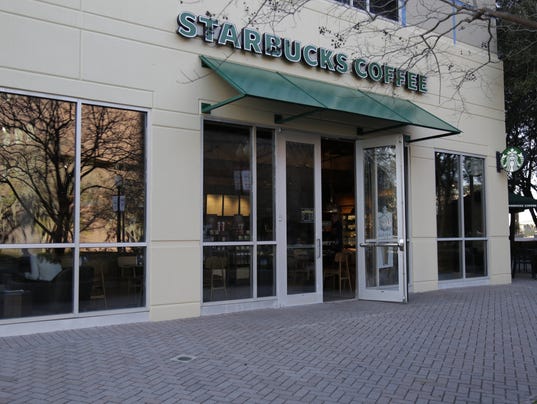
This is the follow-up blog post to Superpreneurs: What's your Entrepreneurial Superpower? you may want to check it out before reading this one.
You may have heard the statistic that 90% of all startups fail. Actually, this number is a bit misleading and not completely accurate. The real
statistics according to
bis.gov are about 50% fail in the first five years and only about 20% last more than twenty. Still not great, but at least we are going forward into reality with facts instead of fear.
Throughout my life as an entrepreneur, I have seen too many startups fail to reach their full market potential or just flat out fail because of the following nasty Entrepre-Villains. I hope these are helpful and you take the time to harden your startup against these deadly enemies.
Entrepre-Villain #1: Inauthenticity
Entrepreneurs often navigate in the grey area between marketing their brand as how they see it in the future and the current reality of what they really can deliver. I have seen many startups fail or not reach their full potential because they lost credibility because their enterprise was all show and no go.
Entrepreneur's Defense: Simply be honest about what you can deliver now and what you are working on. People love to help people just starting out, just don't lie to them about what you can deliver, all that will do is make them mad.
Entrepre-Villain #2: Mission Drift
I get it, entrepreneurs need money and if someone is willing to pay you for something that is not at your core, you want to say, "Yes." Unfortunately, when you say, "yes" to things that are not part of your core, you are saying, "no" to what you are trying to start.
Entrepreneur's Defense: Stratic partnerships are a great way to defend your startup against mission drift. By helping a customer connect with the right supplier you win twice now and have banked some goodwill for the future.
Entrepre-Villain #3: Vehement
While
terminal tenacity is a superpreneur superpower, vehement plodding can be the death of your startup. All successful startups have pivoted as they have learned more about their product/service, market factors, and customers. There is no way you are going to design a product or service and launch it in the exact way you envisioned it at the start and if you try you will fail. Tenacity is an entrepreneurial superpower, but being vehemently opposed to pivoting off your original idea is death.
Entrepreneur's Defense: I have found
humility to be the best defense against many entrepreneur's tendencies to be detrimentally committed to their original idea. It is
pride that makes entrepreneurs hold on to an idea rather than being able to pivot to the breakout solution.
Entrepre-Villain #4: Apathy
Apathy leads to a slow an agonizing death for a startup. Unlike other villains, this villain creeps in slowly and is hard to detect. It starts in the mind of your time with thoughts like, "it's good enough" or "it really doesn't matter" and ends with missed deadlines or shotty work. Have no doubt, this villain will attack your startup sooner or later and if you fail to lead your team out of it, you will die (or wish you were dead).
Entrepreneur's Defense: I'm sure you have heard the saying, "hire slow and fire fast." This is a very difficult lesson for entrepreneurs to learn and it is more costly every day you let an apathetic team member stay. Apathy is cancer and you either kill the cancer or it will kill you.
Entrepre-Villain #5: Discouragement
You are going to have setbacks in your startup, it is just the reality of the startup game. How you lead your team through the discouraging times will determine the success or death of your startup. Setbacks, losses, and obstacles are obvious and quickly grab your team's attention and without the right leadership, they can pull your team down into deadly discouragement.
Entrepreneur's Defense: A scoreboard that tells the companies story will help keep the setbacks, losses, and obstacles in context. Determine key metrics, put them in a public place, and celebrate the wins and milestones in order to keep the setbacks in context.

All of these Entrepre-Villans remind me of
Walt Kelly's long-running cartoon strip,
Pogo. The strip to the left shows Porkypine and Pogo walking through the forest, having trouble navigating through trash and pollution when Pogo turns to Porkypine and says,
“We have met the enemy and he is us.”
Entrepreneurs are often times their own biggest enemy by being inauthentic, having lack of focus, refusing to pivot, allowing apathy on the team, or by losing sight of the overall progress and succumbing to the discouragement of the current situation. This is why smart investors like to invest in entrepreneurial teams and not an entrepreneur's idea. Ideas are not special, people who make ideas a reality are special and in order to build something great, you need a team.








